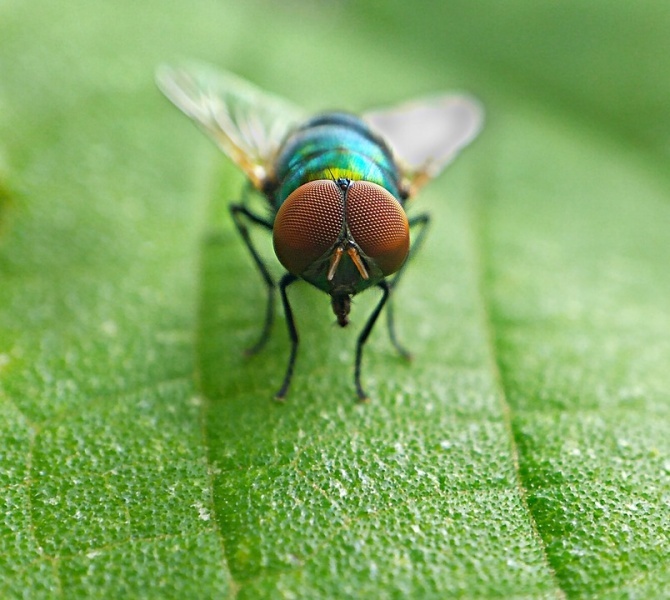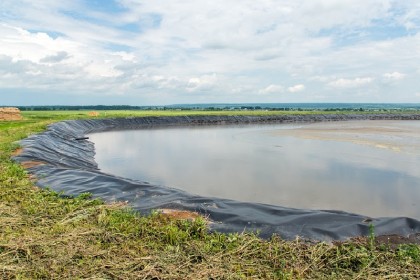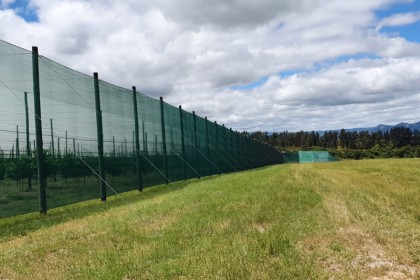
Safe Pest Control: Bio-Insectaries SA (BISA)
The benefits of using biological pest control are far-reaching and ever evolving. Using the biodiversity available as a means of curbing pests is as much an art as it is a science. At Bio-Insectaries SA they have over a decade of experience in biological fly control technology.
The Advantages of Biological Pest Control
By observing the natural order of insect life one can see which species naturally control others. Introducing this concept as a means of pest control means that there is no need for harmful chemicals in order to rid livestock, produce or land of pests.
Without chemicals, the water, soil, people, plants and animals are safe from any kind of contamination or exposure to harmful chemicals. Organic farmers can even maintain their organic certification by making use of the safer biological pest control options. Few agricultural products can boast the same benefits.
Biological pest control is more cost effective and sustainable than other pest control options. They need not be reapplied like chemical options but can simply be maintained, which they tend to do naturally on their own.
Bio-Insectaries SA (BISA)
BISA is located near Jeffrey’s Bay and was established in 2005 to produce parasitized fly pupae. The insectarium is run by husband and wife, Willem and Tertia du Toit. Their expertise in insect breeding under South African conditions as well as close ties to a variety of livestock-related enterprises in the country as well as the National Wool Growers Association of South Africa means they are highly skilled at creating natural pest solutions to benefit agriculture in South Africa.
Successful BISA-Bred Parasitoids
BISA is best known for its solutions for flies by using black wasps as a means of controlling their population. This is highly effective due to the fact that a female fly can lay up to 900 eggs every month and eggs take only seven days to fully develop and begin the cycle again in as little as ten days.
Flies are found everywhere which is why finding a sustainable means of controlling their population is essential to farming in South Africa. The black wasp either destroys the fly pupa by laying her eggs in and allowing her young to eat the fly pupa, or by simply mutilating the fly pupa.
Using nature’s natural order to restore balance is sustainable and ultimately beneficial for agriculture in South Africa. BISA has found a long-term solution to a huge problem. They have implemented their system successfully in a number of countries without disturbing the natural hierarchy. BISA provides biological innovations that work and continue to do so to the entire ecology’s benefit. Find more innovative solutions for farming in South Africa here.












